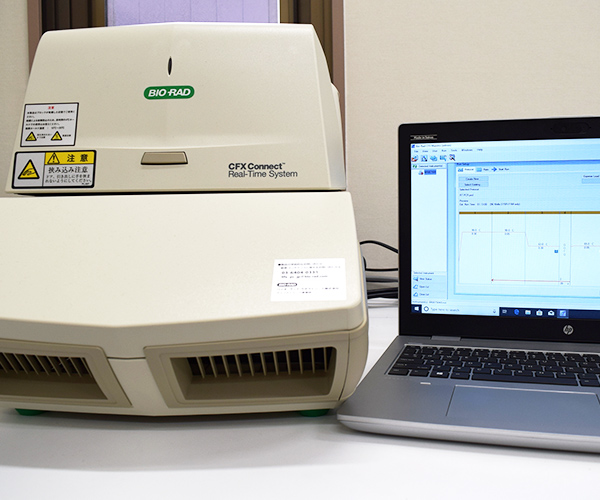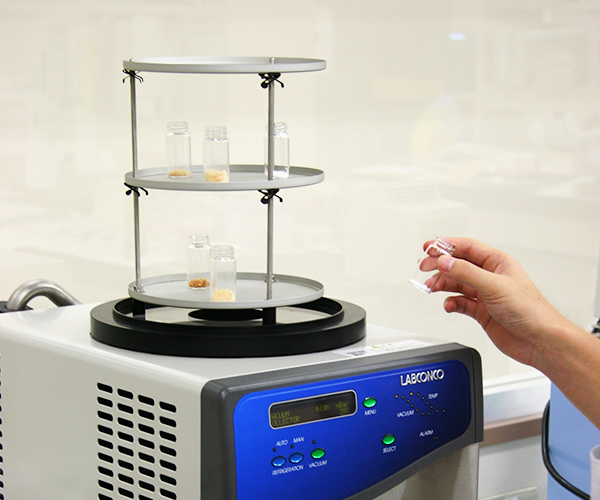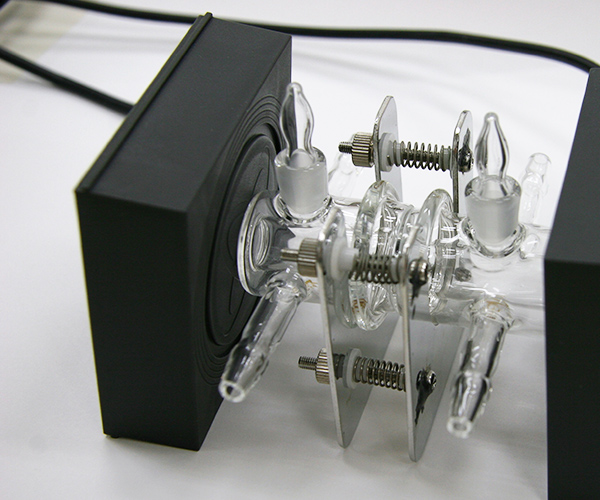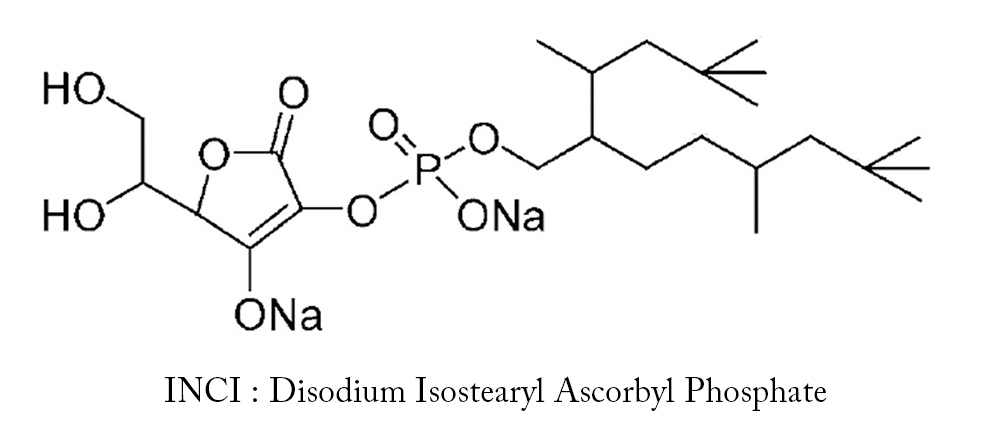Developing New Active Ingredients
Consumer demand for cosmetic efficacy and usability is constantly increasing. Therefore, it is essential for products to embody the latest technologies. To do this, we conduct Basic Research for developing innovative technologies to address phenomena that occur with advancing age and/or issues, such as age spots, dull skin, wrinkles, and dry skin, in collaboration with other companies and universities.
Through our previous research, we have succeeded in developing a series of novel functional materials.
Moreover, by analyzing the biochemical makeup of those materials, we are now able to offer effective formulas for anti-aging.
Moving forward, we promise to continue developing new active ingredients in order to offer new skin treatment possibilities to our customers.

|
PCR EquipmentEvaluations at the genetic-level are performed using a technique called PCR (Polymerase Chain Reaction), which is a ubiquitous method utilized extensively in molecular biology research. |
|---|---|

|
Freeze DryersFreeze drying is a popular preservation method employed in the food industry. Since this process dries samples in a frozen state, it enables the samples to maintain their vitamin C content without changing its components. Moreover, with freeze drying, we receive advantages such as increased solubility and the ability to return the sample back to its original state by just adding water. |

|
Percutaneous Absorption Test of Diffusion CellsWe assess metabolism and permeability of active ingredients on the skin using 3-dimensional cultured skin models. |
-

-
L-Ascorbic acid (vitamin C) is a known neutral bioactive agent that is recognized for carrying a diverse range of actions in various biological systems. For example, vitamin C increases enzyme activity which acts as an inducer to collagen pathways, and scavenges free radicals, making it a strong antioxidant during oxidant stress. However, vitamin C is more vulnerable to heat and oxidative conditions than other vitamins, and easily decomposes in cosmetics. To solve this problem, numerous stable derivatives of vitamin C have been developed.
Among these derivatives are L-ascorbic acid 2-phosphate sodium and magnesium salt, which are hydrophilic derivatives, and ascorbyl tetraisopalmitate, which is a lipophilic derivative. These compounds are already available as additives in commercial cosmetics. However, these derivatives have lower skin permeability and metabolism rates than vitamin C.
To address this, we developed a novel amphiphilic ascorbic derivative, Funcos C-IS, which exhibits significant thermal stability. Funcos C-IS offers improved skin permeability superior to vitamin C, and is susceptible to enzymatic hydrolysis by phosphatase to produce VC. These findings indicate that Funcos C-IS may offer an effective pro-Vitamin C effect in Skin Care. Moving forward, we anticipate that Funcos C-IS with its characteristic properties will be utilized not only in skin-care but in other cosmetic fields as well.
| Relevant Patents | Japan/Patent No.4190539 The USA/ Patent No.7282597 Korea/Patent No.10-0719777 Singapore/Patent No.125273 |
|---|---|
| Conference Presentation | 16th IFSCC Conference in Florence 24th IFSCC Congress in Osaka |
Inquiry about Cosmetic ODM/OEM
-
OSAKA / TEL +81-6-6241-2123
-
TOKYO / TEL +81-3-3548-2991
Reception hours:Weekdays 9:00~12:00、13:00~17:30(JST)



